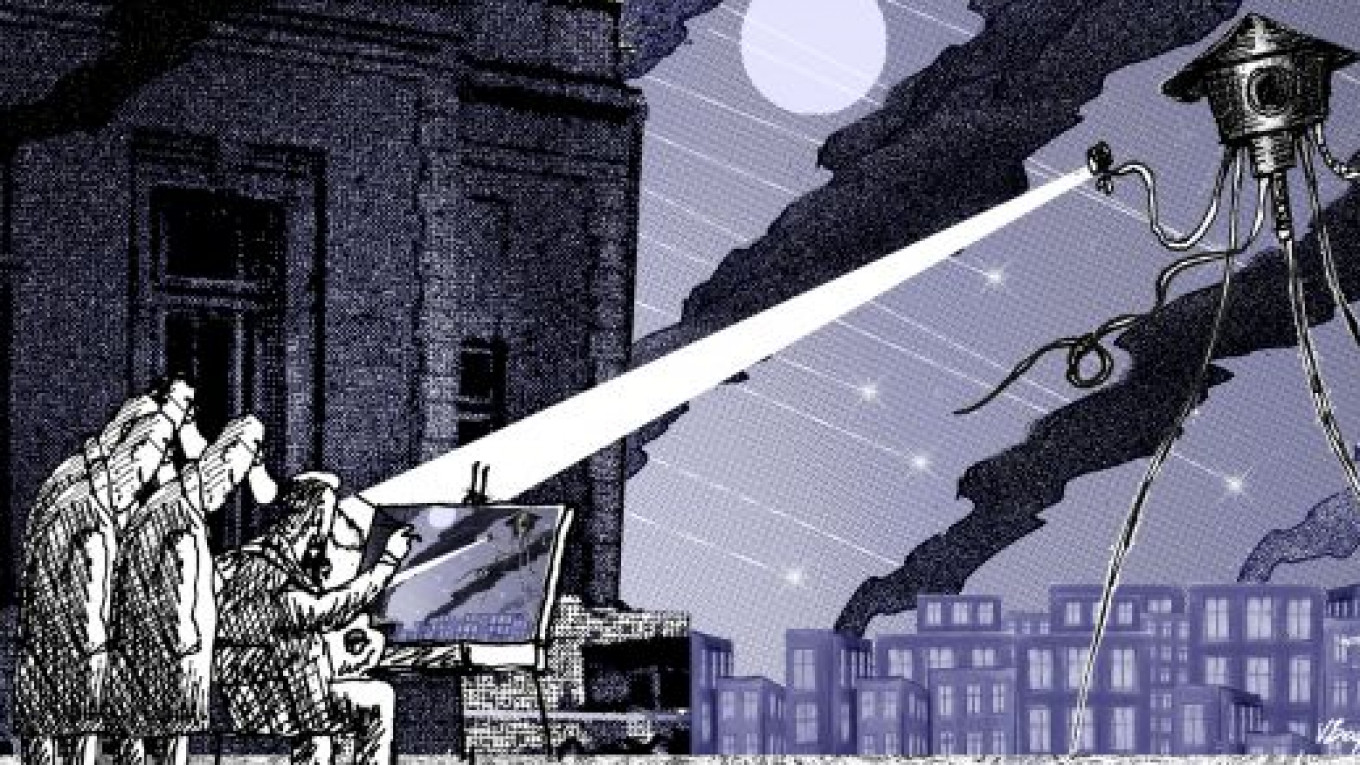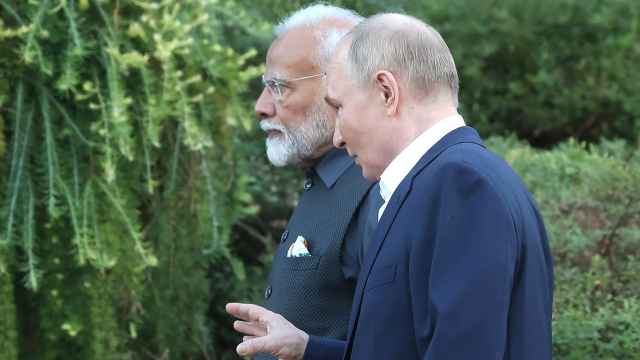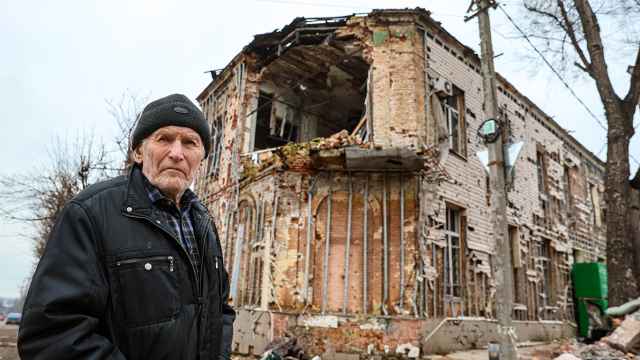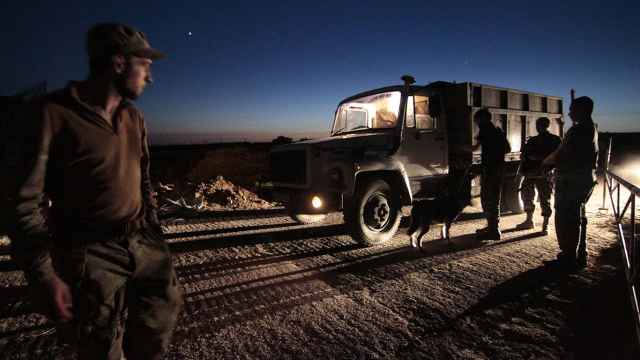Everyone knows that Russians are never prepared for anything. That's why they're morally ready for everything.
We know now what happened in Chelyabinsk when a meteorite exploded in the heavens. It's amazing that nobody died.
The city was right under an explosion that, according to NASA, was 30 times greater than the one that leveled Hiroshima. Something unknown sped through the skies. There was a searing flash and a heat wave, followed by a devastating sonic boom. All mobile communication was knocked out.
What should one think and do?
If panic had broken out in this city of 1.1 million inhabitants, numerous casualties would have been inevitable. But shock or no shock, there was no panic. True, many people vented their stress by swearing profusely. But those who suffered injuries received timely medical aid instead of bleeding to death. Moreover, nobody perished in the temperature of minus 15 degrees Celsius that penetrated homes in which windows and doors had been blown to smithereens.
And this despite the fact that in the first hour and a half after the explosion, state emergency services were nowhere to be seen. Not a single alarm siren went off. Such sirens, in peacetime, are activated to warn people to turn on their radios and television sets, so that those responsible for the wellbeing of the populace could explain to that same populace what had happened, and what should be done. They didn't know themselves what to do: meteorites don't fall out of the sky every day.
So at first people had to act independently, and their actions proved so successful that such positive experience is worth remembering.
"What to do? Well, I grabbed the cat and my passport and ran out into the street. They said I should go back inside, draw some water, and stay put."
"All the windows in the office were blown in, suspended ceilings and plaster came crashing down, all the lamps shattered. …Women were screaming their heads off. For some reason I wished I'd finished my cup of coffee, pulled my military ticket out of my coat pocket and yelled: 'Girls! It's war!!!' then hustled them outside. The street was full of people, all staring up at the sky. … I could tell by the vapor trail that it wasn't a rocket or an airplane!"
The first reaction proved correct: Get out of the building, seizing documents and anything that's alive. Yes, the first impression was that of a nuclear strike. But the risk of receiving a dose of radiation, be it in the street or a room with smashed windows, is the same. Better to hide in the basement. However, outside there are people who could help and advise. It's no rocket: The vapor trail is all wrong. For some reason, many Russians know what a rocket trail looks like. So it's not war, but something else. That means there will be no shooting and it's OK to return home.
One could also help others. "Thirty-five people were injured by flying glass at the Chelyabinsk radio factory. Communications were out, it was impossible to call an ambulance, so we got the injured to the hospital under our own steam."
In one classroom, a teacher saw her pupils rush to the windows when the searing light filled the sky. She ordered them to hide under their desks, and ran to open the glass doors between classrooms, knowing the flash would be followed by a tremendous sonic boom. And made it just in the nick of time: the boom shattered the glass, showering her with fragments. She then ordered her pupils to put on their coats and hurried them out into the street. None of the children received so much as a scratch, but the teacher had to be hospitalized with multiple lacerations.
All children in kindergartens and schools were promptly evacuated and handed over to their parents, who had raced to the scene. The wounded were taken to hospitals. Volunteers banded together immediately to bring order to hospitals and blood transfusion points that had been affected by the blast. Those very first moments, so important to the saving of lives, were not wasted.
So if something extraordinary happens — get out into the street among people. Even if it's freezing cold.
Irina Ratushinskaya is a poet and writer.
A Message from The Moscow Times:
Dear readers,
We are facing unprecedented challenges. Russia's Prosecutor General's Office has designated The Moscow Times as an "undesirable" organization, criminalizing our work and putting our staff at risk of prosecution. This follows our earlier unjust labeling as a "foreign agent."
These actions are direct attempts to silence independent journalism in Russia. The authorities claim our work "discredits the decisions of the Russian leadership." We see things differently: we strive to provide accurate, unbiased reporting on Russia.
We, the journalists of The Moscow Times, refuse to be silenced. But to continue our work, we need your help.
Your support, no matter how small, makes a world of difference. If you can, please support us monthly starting from just $2. It's quick to set up, and every contribution makes a significant impact.
By supporting The Moscow Times, you're defending open, independent journalism in the face of repression. Thank you for standing with us.
Remind me later.






